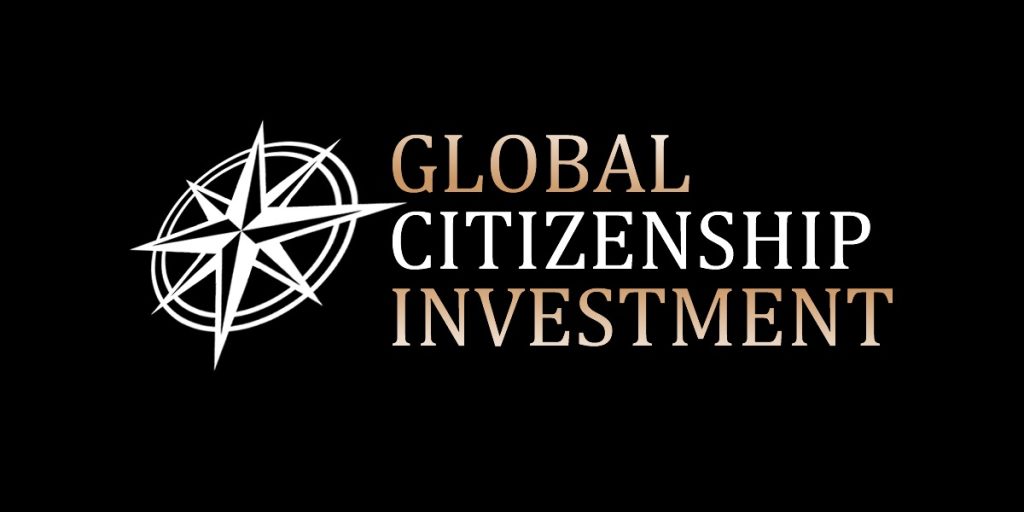Since 2004, Singapore has allowed global investors to obtain five-year residency status, which could be renewed by investing S$2.5 million (about US$1.86 million) in pro-business projects and businesses. This measure served to create jobs and stimulate the economy. Singapore is now announcing that it is drastically increasing the minimum investment amount for its Global Investor Program (GIP) to S$10 million (approximately US$7.42 million) from March 15, 2023. This decision was announced by the Singapore Economic Development Board (EDB) and positions the GIP as one of the world’s most expensive investor programs.
The EDB explained that these changes are part of an ongoing review of the GIP to ensure the program remains effective and only attracts top quality business people. These entrepreneurs are said to have an interest in running their businesses from Singapore and investing there to drive growth.
Despite the significant increase in the investment threshold, U. Zirbes, TCME Group Worldwide’s Advisor, believes this will not present a significant hurdle for potential applicants. He stresses that alongside the financial aspects, there are also qualifying criteria that ensure only top-notch business people (also known as tycoons in Asia) with impressive track records are considered.
Zirbes notes that the increased investment amount will only have a limited impact on this target group, since these people usually already have substantial assets in the eight-digit range. He highlights that the GIP criteria are specifically geared towards applicants who intend to make Singapore their permanent residence. This differs significantly from countries like Portugal, where just a seven-day presence per year is enough to maintain residence, or Latvia, where no physical presence is required.
Zirbes further emphasises that the GIP is thus mainly attractive to high net worth individuals who intend to make Singapore their primary location. For investors who don’t plan to move there fully, the program’s appeal diminishes significantly.
The GIP has had a positive impact on Singapore’s economy, creating more than 24,000 jobs in various sectors between 2011 and 2022.
The GIP has been successful in attracting high quality applicants since its inception. They appreciate the stability of the business environment, the competitive advantage, the pool of talented specialists and the global network of Singapore. Investors can take advantage of these advantages and Singapore’s strategic location at the heart of an emerging Southeast Asian region to explore a wide range of business opportunities.

Challenges of the GIP emphasize the need for improvement
Singapore’s Global Investor Program (GIP) has long faced structural challenges that limit its attractiveness to international investors. Zirbes emphasizes that there is still a long way to go before the GIP is accepted as a realistic option for global investors. “The importance of the GIP is often overstated. Only 200 applicants have been accepted in the past three years. Although official figures are lacking, there is a consensus in the residency and citizenship program (RCBI) industry that the rejection rate is high,” explains Zirbes .
A critical difference from most other developed countries is that applicants who meet all the formal criteria for citizenship can still be rejected without legal means of enforcing a positive decision. This practice sets Singapore apart from most countries and can deter potential applicants. Compulsory military service for the second generation of permanent residents could also act as a deterrent for interested parties.
Unique essence of the Singapore GIP
Zirbes reveals that unlike most residency-by-investment schemes, Singapore’s GIP is not funded by private companies or agencies. “Countries like Australia, New Zealand, Canada, Malta, Vanuatu and other Caribbean countries carefully select, license and authorize migrant companies and professionals to promote their programs and submit applications,” explains Zirbes. “As such, the GIP differs significantly from most other residency-by-investment programs.”
Diverse opportunities within Singapore’s GIP
According to the Economic Development Board (EDB), investors now have three options to successfully qualify for Singapore’s GIP. The first option requires an investment of at least 10 million Singapore dollars in an existing or new business. In addition, at least 30 employees must be employed, half of whom must be Singaporean citizens. Ten of these employees will need to be re-hired, a significant increase compared to the previous requirement where only five employees had to come from Singapore.
For fund investments, the minimum investment is now S$25 million. This represents a whopping 10-fold increase from the previous threshold of S$2.5 million. Investors must invest in a GIP Selected Fund, which is selected based on a comprehensive assessment of track record, investment focus in Singapore and industry alignment.
Third option for investment and Singapore’s focus on talent and capital inflow
The final of the three investment opportunities within Singapore’s GIP involves establishing a single family office headquartered in Singapore with assets of at least S$200 million. Of these assets, a minimum of S$50 million must be invested in one of the following four categories: listed companies, debt securities, private equity investments in unlisted companies, or funds managed by Singapore licensed managers.
“Through these changes, we will not only build on the success of the GIP to date, but also strengthen our local startup ecosystem and create more quality jobs for our citizens,” Lee commented in the press release.
Singapore’s focus on talent and capital
The GIP’s reforms come shortly after the introduction of a new five-year visa aimed at attracting wealthy foreign professionals. Known as the “ONE Pass,” the visa grants those with a monthly income of at least US$22,000 the opportunity to stay long-term in Singapore and start a business there. Those on lower incomes could also be considered if they can show they have achieved “outstanding achievement” in their field. This measure was announced by the government in January 2023.
The launch of the ONE Pass and reforms to the GIP underscore Singapore’s efforts to remain an attractive destination for talent and investors. Given the limited natural resources, the island state sees the influx of foreign investment and skilled workers as crucial for continued economic prosperity.
—————-
If you’re thinking about leaving the country but don’t know where to start, our GCI UNT Worldwide team is here to help.
We’ve helped hundreds of people move their businesses overseas, legally reduce their taxes, and become dual citizens. We are focused on high-net-worth individuals and their families as well as corporations wishing to invest their offshore companies or even secure their wealth in offshore financial centers around the world. We will help you to find the best solution for setting up an offshore or onshore company. Another special area of our full-service consulting is the investment opportunity and solution in Europe, especially in the Balkans, Africa, Asia, UAE, the Caribbean and the Pacific.
The Global Citizenship Investment Worldwide Group is a leading professional International Business Investment and Advisory Firm for Foreign Economic Relations, with 17th. departments in different Countries and the Headquarter in Malaysia.
(GCI UNIT Worldwide), designs and implements customized, holistic strategies for successful investors and entrepreneurs to legally reduce their tax bills, diversify and protect their wealth, invest abroad, gain a second citizenship and live a freer life worldwide to lead.
YOUR CHANCE FOR A BETTER LIVE
GCI firm is a professional International Business Investment and Advisory Firm for Foreign Economic Relations. Our range of services includes:
• Offshore and Onshore Company Formation,
• international Business & Management
• Citizenship & Residency
Advice on residency and citizenship by investment programs, VIP citizenship programs in cooperation with more than 70 countries
• Investments & Corporate Financing
• Advisory for Foreign Economic Relationship
• Diplomatic Consultancy & Public Affairs
If you would like to discuss your internationalization and diversification plans, book a consulting session* or email us under: [email protected]
*A counseling session is a conversation about your portfolio and goals. It does not constitute legal, financial, tax or investment advice.
Department GCI – Unit Global Citizenship Investment (GCI worldwide)
by TCME Worldwide Group – Global Investments –
Level 33, Ilham Tower, 8 Jalan Binjai,
Kuala Lumpur 50450, Malaysia
www.tcme.company
www.citizenship-news.com
Phone: +66 99091 8357 also for WhatsApp





